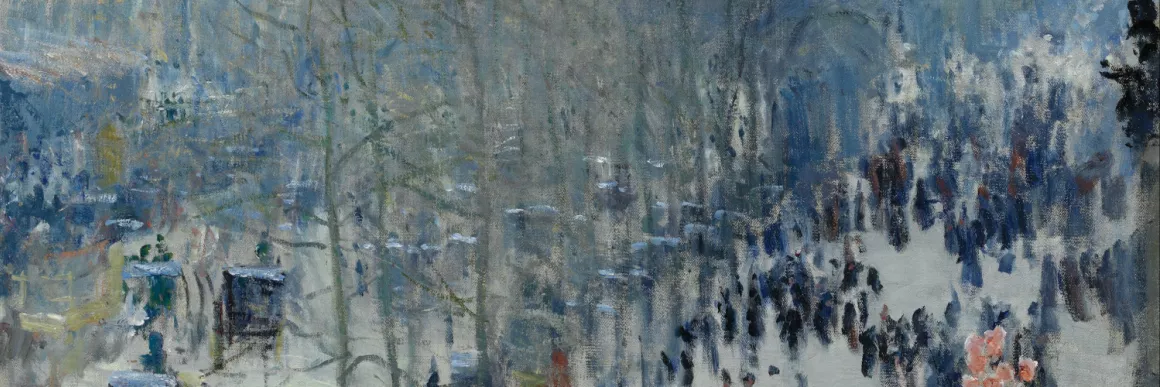What does it feel like to be (or not to be) attached to a country or community, to have (or not to have) membership or citizenship, in ways that one cannot control? This volume will turn to Romantic poetics to consider how public feelings operate and circulate through the language of poetry. How does poetry mediate the politics and sociality of feeling? How can poetry register not just a solitary, recollected overflow of powerful feeling but also a communal or contagious one? We have gathered a selection of essays that bring together in new configurations the study of poetics, affect, and politics for the field of Romanticism. In response to Lauren Berlant’s suggestion that “public spheres are affect worlds at least as much as they are effects of rationality and rationalization,” how might poetry provide a different kind of understanding of the publics and counterpublics teeming within our public sphere? In a critical tradition that has already—as Mary Favret has shown—increasingly revealed “the intractably social and material bases for romantic esthetics and the poets’ deep awareness of this dependency” (“Study of Affect and Romanticism,” 1163), we mean to pursue more explicitly questions of amorphous political urgency that emerge in an unfolding historical present (whether “then,” “now,” or curiously both). Just like any other domain of culture, Romantic poetry is rife or riven with feeling. But how might we recognize its feelings as tuned in to the political, as public? How might poetic figure or form alter our conception of the feelings that both compose and decompose the individual—the feelings that mark both our alienation from others and our attachments?
Abstract
The varied explorations of "public feeling" in this volume all attend to the affective convergence of helplessness and guilt, injury and incrimination. This afterword tracks the mood of complicity through the collection, with the aim of elucidating how the co-implication of emotions and ethics brought to the fore in each of the essays seems also to require new ways of speaking about agency—even while reckoning with individual and collective powerlessness.
Abstract
For all of its ubiquity in present discourse, complicity is also uniquely susceptible to repression and disavowal: pervasive and totalizing, yet always somewhere else. Working against the reflex to mystify complicity or to externalize it, this essay recovers an aesthetics of complicity in Caleb Williams, a novel that readers have long experienced as difficult to get beyond or to set at a distance. As a mode of reading, complicity is defined by a mixture of intense involvement and aversion, identification and disidentification.
Abstract
In prose both similar to and crucially different from the Romantic celebration of human wholeness, throughout the collection Sister Outsider (1984) the Black lesbian feminist poet Audre Lorde pursues an “impulse toward wholeness” to repair the divide between feeling and knowledge. For Lorde’s poetry is an urgent resource and practice of imaginative experience rescued from oppression, not defined by its formal features, which she calls “sterile word play.” This conviction aligns Lorde’s poetics with Percy Shelley’s A Defence of Poetry (1821).
Abstract
This essay considers the role of disgust in the emergence of sociological theory over the course of the nineteenth century. It argues that what began as the bourgeois social analyst’s disgust towards the modern city gradually transformed, over the course of the century, into the modern sociological theorization of alienation as a form of low-level repulsion.
Abolitionist Publics in Robert Southey’s 'The Sailor, Who Had Served in the Slave Trade' and Coleridge’s 'The Rime of the Ancyent Marinere'
Amelia WorsleyAbstract
In his abolitionist poem “The Sailor, Who Had Served in the Slave Trade” (1799), Robert Southey ventriloquizes the story of a sailor who has murdered an enslaved woman onboard a “Guineaman.” Southey explains in a note to the poem that the sailor’s confession is a true story, which he wishes to make “as public as possible.” At the same time, however, Southey leaves many subtle clues that he is also imitating Samuel Taylor Coleridge’s ballad, “The Rime of the Ancyent Marinere” (1798).

